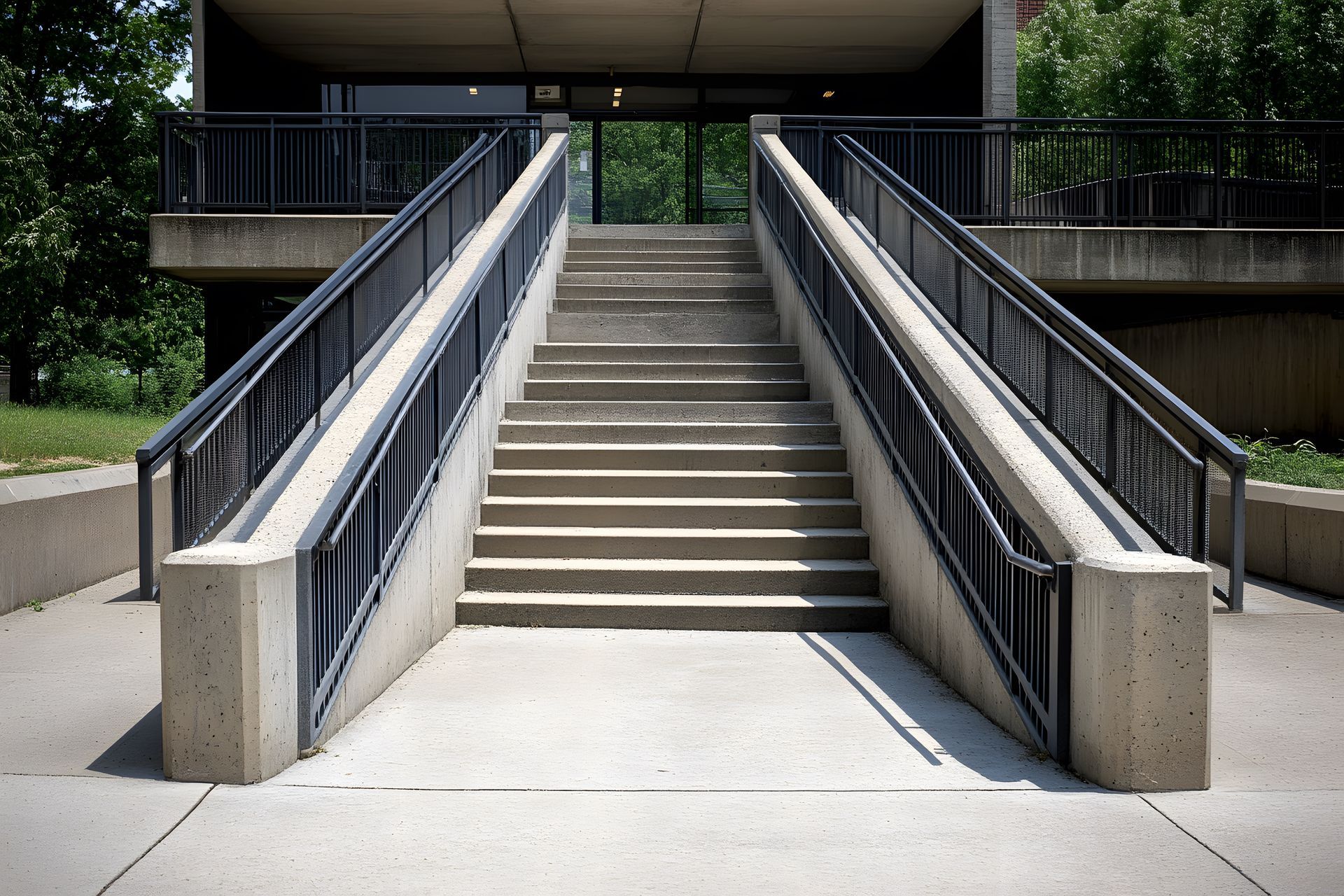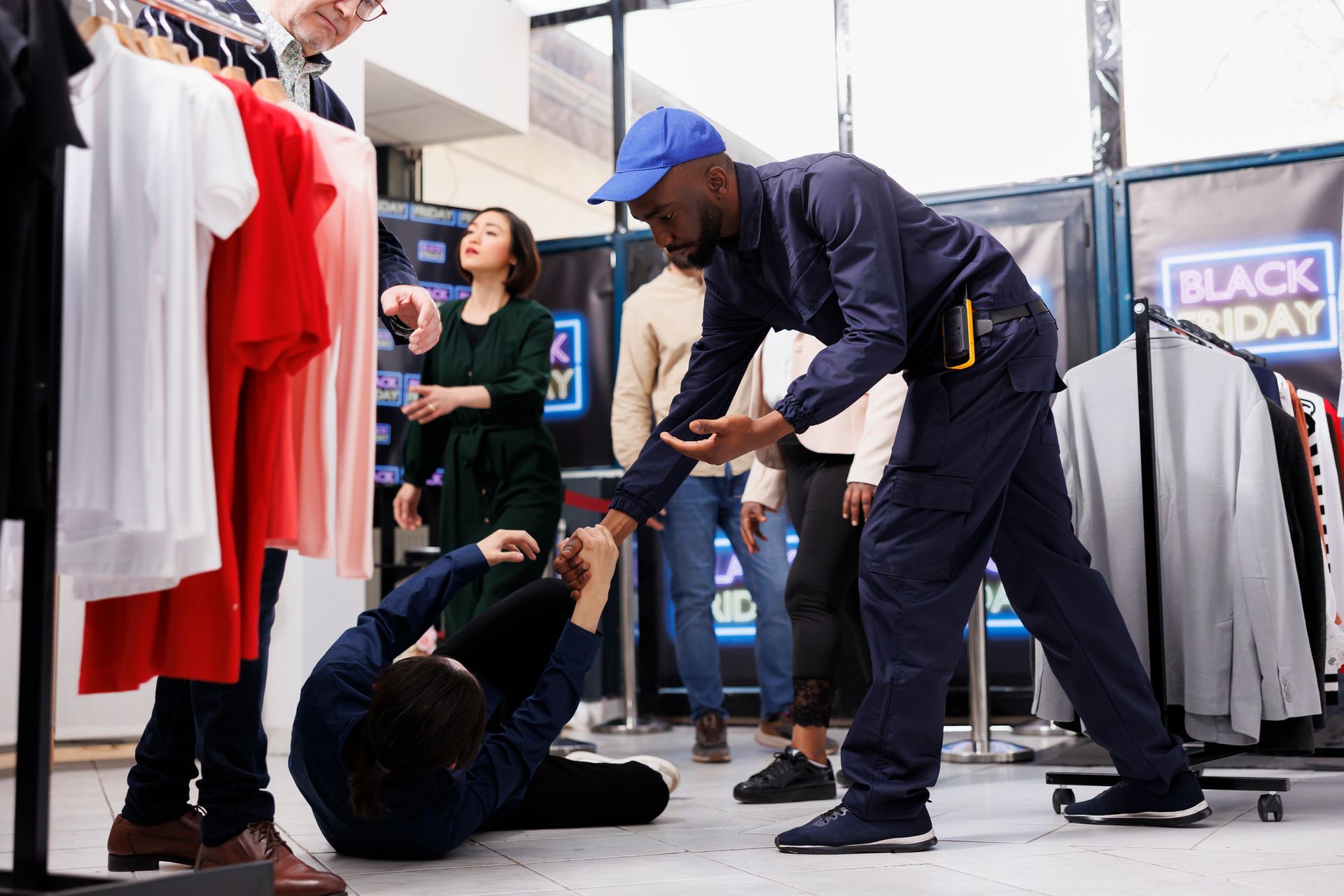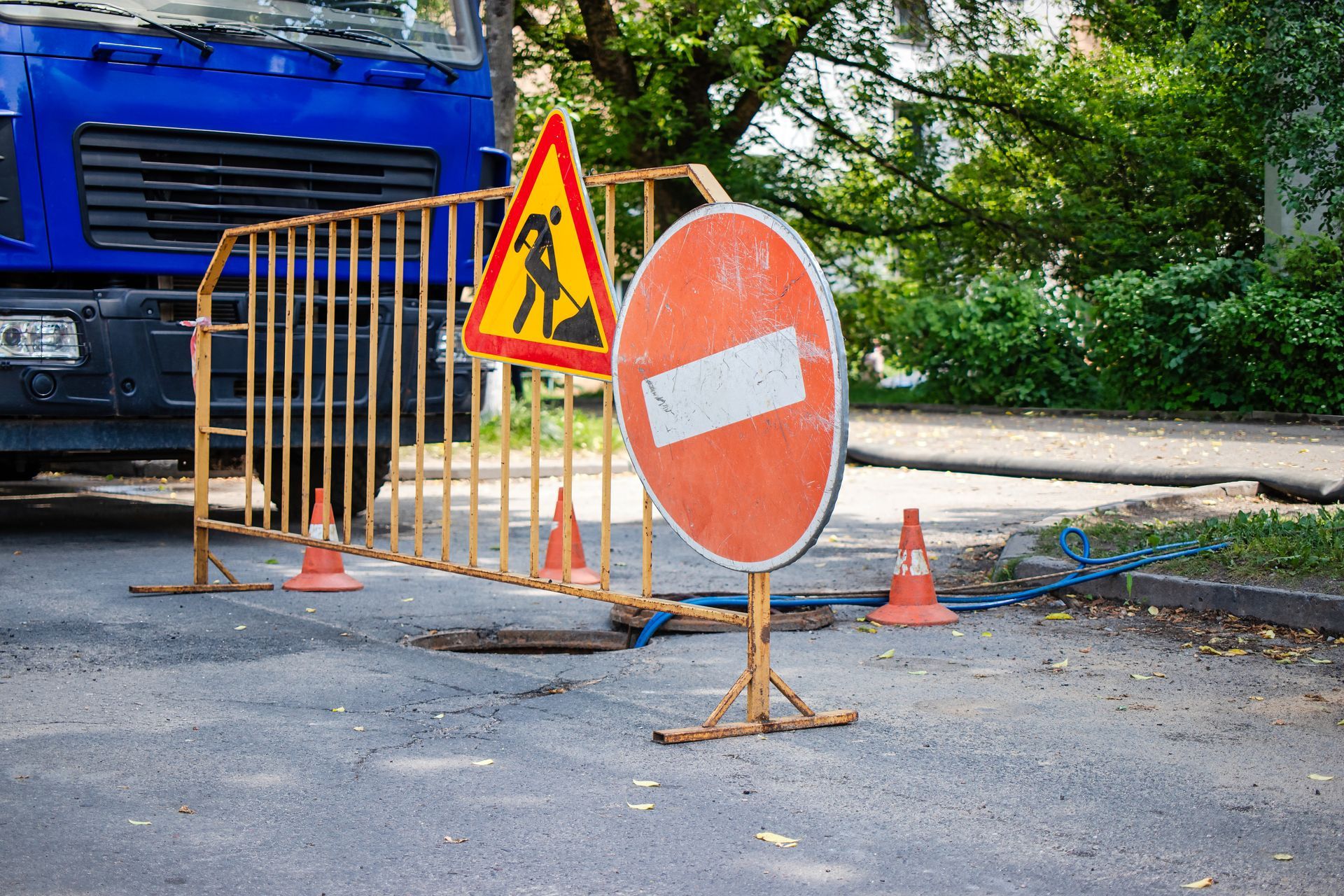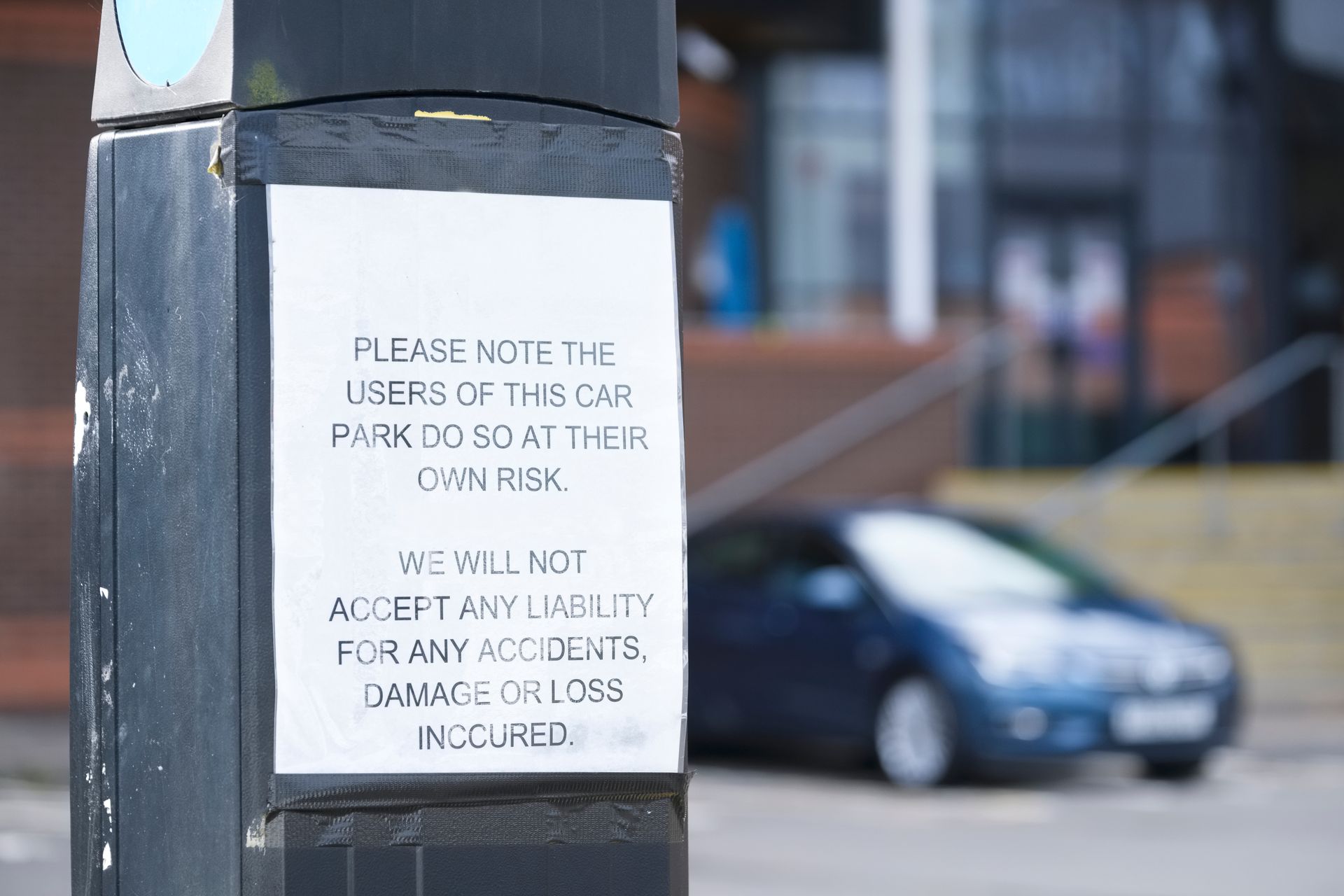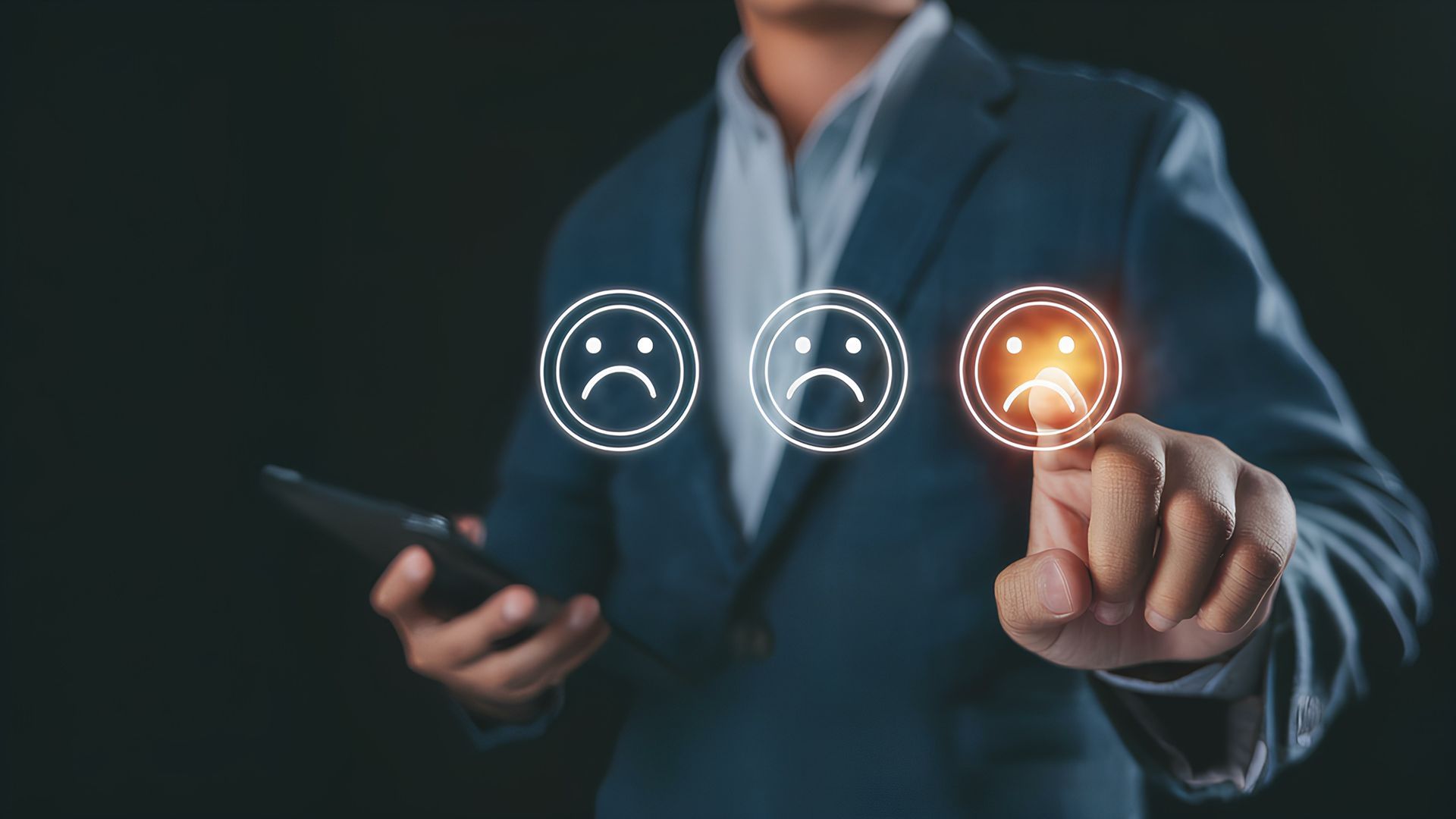Blog
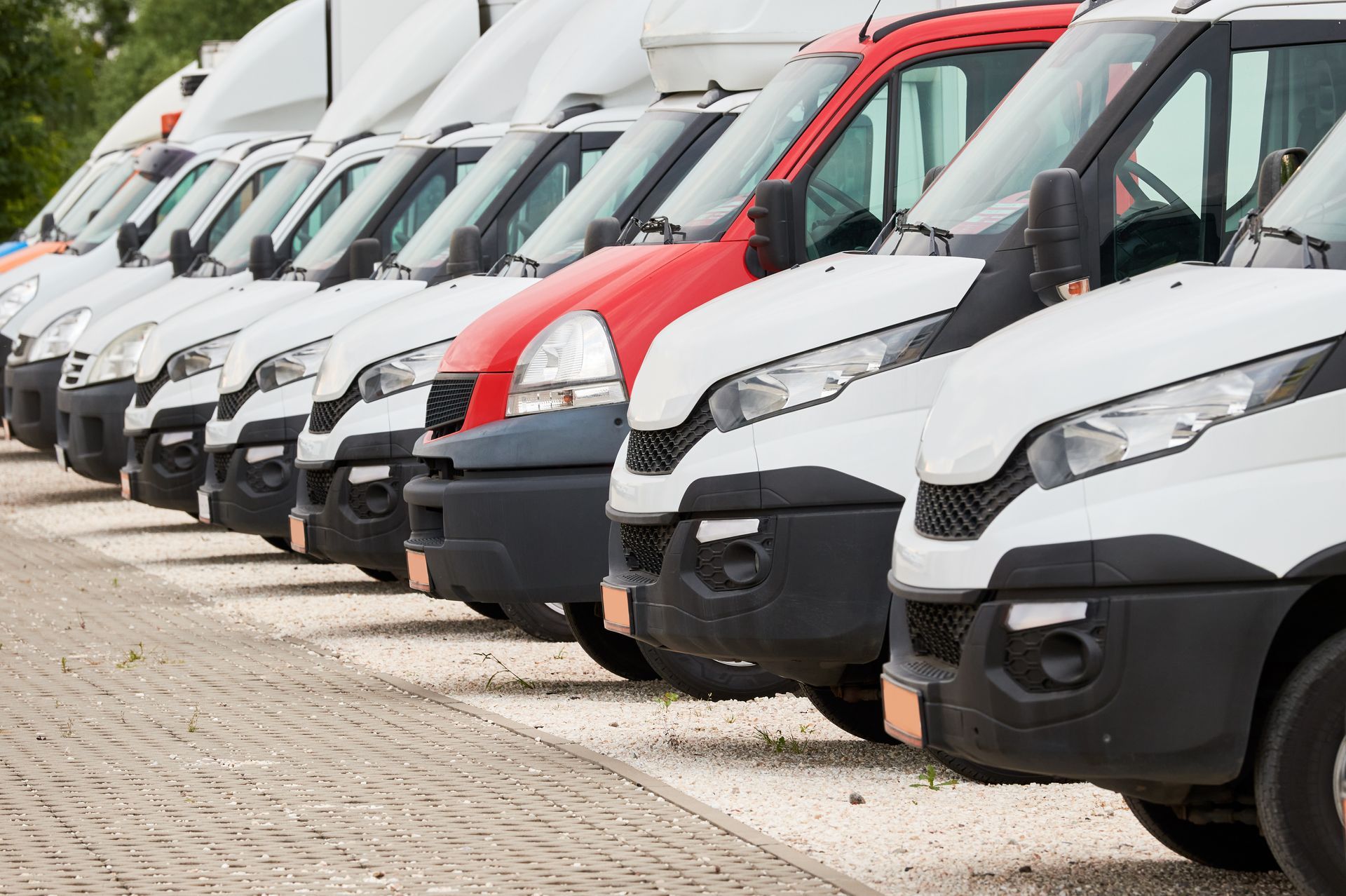
If an employee gets into an accident while driving a company vehicle for non-business purposes, the question of liability becomes complex. Employers may find themselves legally and financially responsible, depending on company policies, insurance coverage, and Georgia’s respondeat superior laws, which hold employers liable for employees’ actions performed within the scope of their employment.
If the employee was clearly acting outside the scope—such as running purely personal errands—Georgia courts may find the employer is not liable. However, liability could still arise if the employer was negligent in supervision, vehicle maintenance or permitting use.
Employer Liability and the Doctrine of Respondeat Superior
Under the legal doctrine of respondeat superior, employers can be held liable for the actions of employees if they are performed within the scope of employment. If an employee is involved in an accident while carrying out job duties in a company vehicle, the employer is typically responsible for damages.
However, if an employee is using a company car for personal reasons such as running an errand, picking up groceries or visiting a friend, liability may not be as straightforward.
Courts often consider several factors to determine whether an employer should be held liable:
- Was the employee acting within the scope of employment?
- If the accident occurred while the employee was completing work-related duties, liability often falls on the employer.
- Did the employer permit personal use of the vehicle?
- If the company allows personal use without strict policies, the employer may still be liable.
- Was the personal errand a ‘frolic’ or ‘detour’?
- A frolic (a completely unrelated activity) can shift liability to the employee, whereas a detour (a minor deviation from work duties) may still implicate the employer.
- Was the accident caused by poor maintenance?
- Companies are typically responsible for fleet vehicle maintenance. An auto accident caused by negligent maintenance may still leave employers open to liability, even if the employee was running a personal errand.
When Employers May Be Liable
Lack of a Clear Vehicle Use Policy
If an employer does not have a written policy restricting personal use of company vehicles, courts may find that personal use was implicitly permitted, potentially exposing the business to liability for accidents.
Negligent Entrustment
If an employer allows an unqualified, reckless or unlicensed driver to operate a company vehicle, they could be held responsible under negligent entrustment laws.
Failure to Enforce Rules
Even if a company has a policy against personal use, failure to enforce it (e.g., allowing employees to take company cars home) could expose the employer to liability.
Business-Related Travel with a Personal Detour
If an employee is performing work duties but takes a slight personal detour (such as stopping for coffee), the employer may still be liable if an accident occurs.
When Employers May Avoid Liability
Employers may avoid liability if they can prove that the employee was using the company vehicle strictly for personal use without authorization. Key defenses include:
- Strict No-Personal-Use Policy: If a company has a clear, written policy prohibiting personal use and enforces it consistently, it can argue that the employee was acting outside the scope of employment.
- Unauthorized Use:
If an employee takes a company car without permission and causes an accident, the employer can argue that the use was unauthorized, shifting liability to the employee.
- Employee’s Personal Insurance Coverage: Some employers require employees to have personal insurance coverage that applies when using a company car for non-business purposes.
Steps to Minimize Liability Risks
Create a Clear Vehicle Use Policy
- Establish rules about who can use company vehicles and under what circumstances.
- Require written acknowledgment from employees regarding the policy.
- Explicitly prohibit personal use unless approved by management.
Enforce Strict Oversight
- Track company vehicle use through GPS monitoring or mileage logs.
- Limit vehicle access to authorized personnel.
- Take disciplinary action against employees who violate policies.
Review and Update Insurance Coverage
- Ensure company insurance policies explicitly define coverage for personal use.
- Consider requiring employees to carry personal auto insurance that extends to company vehicles when used off the clock.
Conduct Thorough Employee Screening
- Verify driving records before allowing employees to operate company vehicles.
- Perform regular driving assessments to ensure compliance with safety protocols.
Require Indemnification Agreements
- Have employees sign agreements acknowledging they are responsible for accidents occurring during unauthorized personal use of company vehicles.
Protect Your Atlanta Business from Auto Liability Risks
If your business needs assistance drafting company vehicle policies, handling liability claims or addressing legal disputes, our commercial car accident lawyers at the Law Office of Cameron Hawkins can help. Contact us today to safeguard your company from unnecessary risks by calling (678) 921-4225.
Law Office of Cameron Hawkins | All Rights Reserved
Areas of Practice
Contact Info
Disclaimer: The content on this website is for informational purposes only. This site and the information contained within is not legal advice, nor is it intended to be. Contacting the Law Office of Cameron Hawkins does not create an attorney-client relationship. Internet users should not act upon information contained on this site without first seeking advice from an attorney. Please refrain from sending any confidential information to The Law Office of Cameron Hawkins until an attorney-client relationship is established.
Disclaimer pursuant to Georgia Rule of Professional Conduct 7.1(a)(6): The statement "no attorneys' fees unless we are able to secure a verdict or settlement on your behalf" refers only to those fees charged by the attorney. Court costs and other additional expenses of legal actions usually must be paid by the client. Contingent fees are not permitted in all types of cases.

